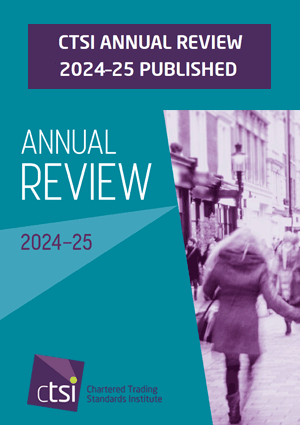Ministry of Justice
|
|
|
Very High Cost Criminal Cases - the future
The Legal Services Commission and Ministry of Justice today announced steps that are being taken in order to proceed with the tender to establish a Panel of solicitors and barristers to represent defendants in major criminal cases.
To ensure good quality representation for clients and value for money for the taxpayer, the Legal Services Commission undertook an open and competitive tender process (which began last July) where teams of solicitor firms and barristers were asked to bid to join a 'Panel' that would undertake this work.
Following that bid round, which assessed the experience of the legal teams as well as the prices they tendered, the LSC offered contracts to 330 solicitor firms and 2,300 barristers.
Virtually all solicitor firms have signed, but only 130 barristers did so - despite having bid for the work, and been offered contracts at the prices they bid.
Given this approach by barristers, it is now more likely that Panel solicitors will need to instruct more non-Panel advocates than had originally been envisaged. In order to facilitate this, the Commission and the Ministry of Justice are taking two steps.
Firstly, a consultation has begun today on a Funding Order that will allow solicitor firms who are on the Panel to instruct advocates who are not on the Panel. Consultation on the Funding Order will last for two weeks. The Funding Order will limit the sums that can be paid for advocacy services to the same amounts as were bid in the tender process and that will be payable to Panel advocates.
Secondly, the contracts originally offered are being amended to enable Panel solicitors to instruct non-Panel advocates where necessary. The LSC will be offering these revised VHCC Panel contracts to all solicitor firms who successfully bid for VHCC work. New contracts will also be offered to all the barristers who were successful in the original tender process. The financial terms of the new contract will be identical to the original one, but it will make clear that where no Panel advocate is available solicitors may instruct a non-Panel advocate.
If solicitor firms use non-Panel advocates, the firms will be paid by the LSC for advocacy services. Firms will be able to negotiate the fees they pay barristers, but the maximum rates will be the same as were offered in the original VHCC Panel contract.
For preparation work a QC's fees will range from £91 to £145 an hour. For a leading junior, the range is £79 to £127 an hour. A junior acting alone will receive between £70 and £100 an hour.
For time spent in court, a QC will get £476 a day, a leading junior will get £390 and a junior acting alone £285.
Commenting on the Funding Order Legal Aid Minister Lord Hunt of Kings Heath said:
"Both the LSC and I are very disappointed that most barristers who bid for VHCC work have refused to sign. It's essential that we put these measures in place to ensure that access to justice is not compromised in any way. I hope that those members of the Bar who bid for contracts, but then chose not to sign them will now reconsider their position"
Carolyn Regan, LSC Chief Executive, added:
"The measures
that the Commission and MoJ are announcing today will ensure that
the Panel arrangements which form the centerpiece of this tender
exercise can be established. This will be in the interests of
clients, the justice system and the taxpayer. It will also ensure
that the solicitor firms and barristers who tendered for this work
in good faith and signed the contracts offered are able to proceed
to work on these cases.
"I am concerned by the reports and correspondence the Commission has received which set out the circumstances that led to some barristers not signing the contracts that they had bid for and been offered. These reports demonstrate activity that is clearly not in the public interest and which, I believe, is neither in the long-term interests of the Bar."
Following Lord Carter's review of legal aid procurement, the Bar supported the aim of taking money out of the highest paying cases and putting it into the lowest paying cases. Lord Carter was able to increase the amount paid under the Graduated Fees Scheme, particularly in the shorter cases to benefit the junior Bar. The Bar understood that Lord Carter was working with a fixed budget and that increases in one area had to be paid for from another.
An additional £29m has gone into graduated fees. Savings from VHCCs (from barristers) are expected to be approximately £5m, so the Bar is better off by £24m or 9% overall.
Notes to Editors:
1. VHCC are the most complex and expensive
cases, usually taking months to reach court.
2. Last year there were about 400 defendants funded by legal aid in 100 VHCC criminal cases. Defence teams are typically paid around £400,000 for such cases but costs in some, such as the Jubilee Line Fraud case, have run into several millions.
3. To put this in context, last year the LSC funded advice and representation for nearly 1.6m defendants. About 120,000 of these were in Crown Court cases.
4. The cost of VHCC cases was approximately 9% of the criminal legal aid budget. VHCC Crime expenditure was £105m out of total legal aid expenditure of £1.2bn for criminal representation.
5. The Criminal Defence Service (Funding) Order 2007 (made under the Access to Justice Act 1999) makes provision for the funding and remuneration of services provided as part of the Criminal Defence Service. The Lord Chancellor is required to consult the General Council of the Bar and the Law Society before making or amending a Funding Order in accordance with section 25(2) of the Access to Justice Act.


